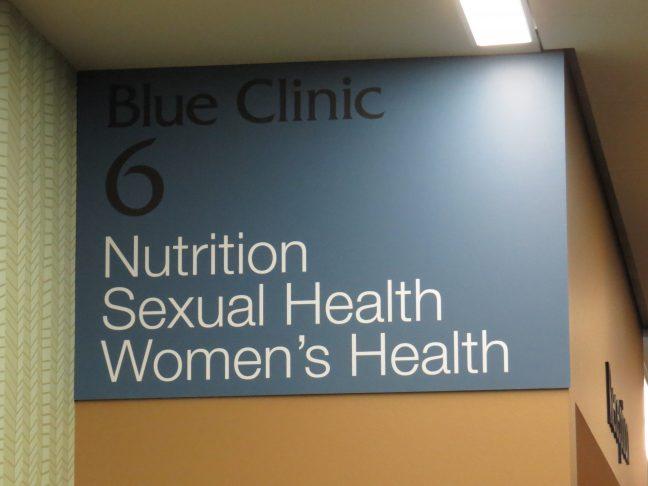One in five female students and one in ten male students experience physical and or sexual dating violence. These statistics do not include those who experience emotional abuse, threatening or harassment.
Nearly 27.6 percent of University of Wisconsin undergraduate women also reported experiencing sexual harassment, and 1 in 10 UW students experienced dating violence, a number that is higher for LGBTQ students, students with disabilities and Native American women students.
To combat the problem, Wisconsin legislators introduced a bill in late June to address teen dating violence in Wisconsin middle and high schools.
Representatives Joel Kleefisch, R-Oconomowoc, Melissa Sargent, D-Madison and John Spiros R-Marshfield announced the bipartisan bill which would require all Wisconsin schools to adopt policies and a curriculum that address teen dating violence.
ASM supports sexual assault survivors, undocumented students on campus
According to a joint statement sent out by Sargent’s office, the policies would prohibit teen dating violence at school and school-related events, model age-appropriate instruction about preventing and responding to dating violence in grades 7 through 12, train school officials on how to identify, respond and prevent dating violence and hold school district employees responsible for receiving teen dating violence incident reports.
The reason for creating this bill Sargent said in the statement is because teen dating violence is a “pervasive problem.”
“Students often feel something isn’t right about the way they’re being treated, but they’re not sure what to call it, and they don’t know enough about relationships yet to know what they’re experiencing isn’t healthy or right,” Sargent said in a statement.
Britt Cudaback, a legislative aide for Sargent said the whole point of the bill is to teach students about healthy relationships at a young age because it will give them a chance to identify and prevent dating violence in the future.
By teaching student’s proper skills on how to identify and prevent dating violence at an early stage in life, Cudaback said, they will be learning about how to have healthy relationships for the rest of their lives.
“Relationships in higher education will certainly be affected [by the bill] hopefully by the training and teaching folks how to have healthy relationships,” Cudaback said.
UW Greek life changes sexual assault policy for first time in more than 100 years
Sam Johnson, a violence prevention specialist for University Health Services agreed. Students are joining UW from all around the country and world, so they have varying levels of dating violence and sex education, she said.
Johnson said UHS’s whole role is to foster an environment that creates a healthy and safe learning environment for students, but it may be “too late” with sex and dating violence education by the time a student is 18, which is when dating violence starts to become “disproportionately experienced.”
But, UHS provides a number of services to combat sexual violence including a new program called “U Got This!” formerly known as “The Tonight Program,” Johnson said. The program is divided into two parts, one online portion and required participation in an in-person dialogue with choices that range from healthy relationships and supporting sexual assault survivors.
DatingWise is one of the options for the second portion that attempts to combat dating violence, Johnson said. It helps students find their preferences in a relationship, how to set boundaries, how to effectively communicate, give tips for conflict management and how to identify an unhealthy relationship in both personal and peer’s relationships.
“The earlier the better in terms of preventing dating violence for college students,” Johnson said.
UW takes action on sexual assault through added staff, increased training
Johnson also noted 27.6 percent of undergraduate women report sexual assault at UW. That number is higher for LGBTQ+ students, students with disabilities and Native American women students. 1 in 10 students also report dating violence on campus.
But, the bill does not have language that requires Wisconsin schools to focus on specific groups of people because the bill is “broad enough” that it applies to all relationships, Cudaback said.
Moreover, the bill is not exclusive and doesn’t prioritize one gender over the other, Cudaback said. The bill also doesn’t use gendered language when defining what teen dating violence is.
“Teenage dating violence is a two-party issue and [legislators] should be addressing it on both sides,” Cudaback said.
Cudaback said the legislators are currently working to get a senate cosponsor.




















